The special procedures of the Human Rights Council are independent human rights experts with mandates to report and advise on human rights. The mandate of the UN Special Rapporteur on Contemporary Forms of Slavery was created in 2008. In their formal capacity, the Special Rapporteur carries out country visits, receives and considers individual cases of complaints of modern slavery, and makes recommendations to governments. Like all other special procedures, they report annually to the UN Human Rights Council.
UN Special Rapporteur on Contemporary forms of Slavery
The Human Rights Council appointed Mr. Tomoya Obokata (pictured) as Special Rapporteur on contemporary forms of slavery, including its causes and consequences. Mr. Obokata is an international human rights expert and a professor at the Keele School of Law. He succeeded the Special Rapporteur Urmila Bhoola, in March 2020.
Learn about Special Procedures
Who is the UN Special Rapporteur?
The first UN Special Rapporteur on Contemporary Forms of Slavery was Ms. Gulnara Shahinian, who was appointed in 2008 for a standard 3 year period that was renewed. In May 2014 the Human Rights Council appointed Ms. Urmila Bhoola, an international human rights lawyer and former Judge of the Labour Court of South Africa. Before her appointment in this voluntary role, Ms. Bhoola was Executive Director of International Women’s Rights Action Watch Asia Pacific. In March 2020, Mr. Tomoya Obokata was appointed as the the UN Special Rapporteur. Mr. Obokata is a Japanese scholar who is a professor at the Keele School of Law. Before becoming a professor, he worked for the UN High Commissioner for Refugees Regional Office of Japan and Republic of Korea.
Country Visits
The UN Special Rapporteur on Contemporary Forms of Slavery can request to visit a country so that they can carry out a fact-finding mission but will not visit until they have received an invitation. On their return, they will draw up a list of recommendations for the country to implement.
Click below for the lastest country mission reports:

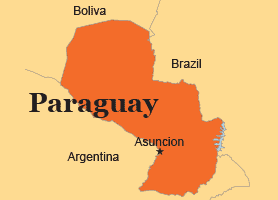
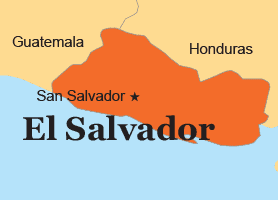
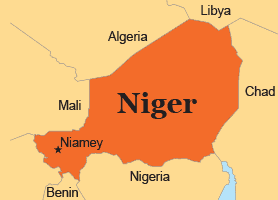
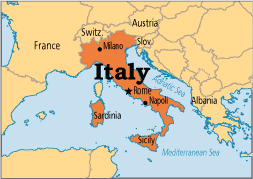
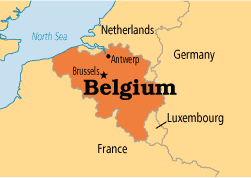
-
Follow us on Facebook
5.6M
-
Follow us on Twitter
32K
-
Follow us on Instagram
8K
-
Subscribe to our Youtube
5.7K
Donate